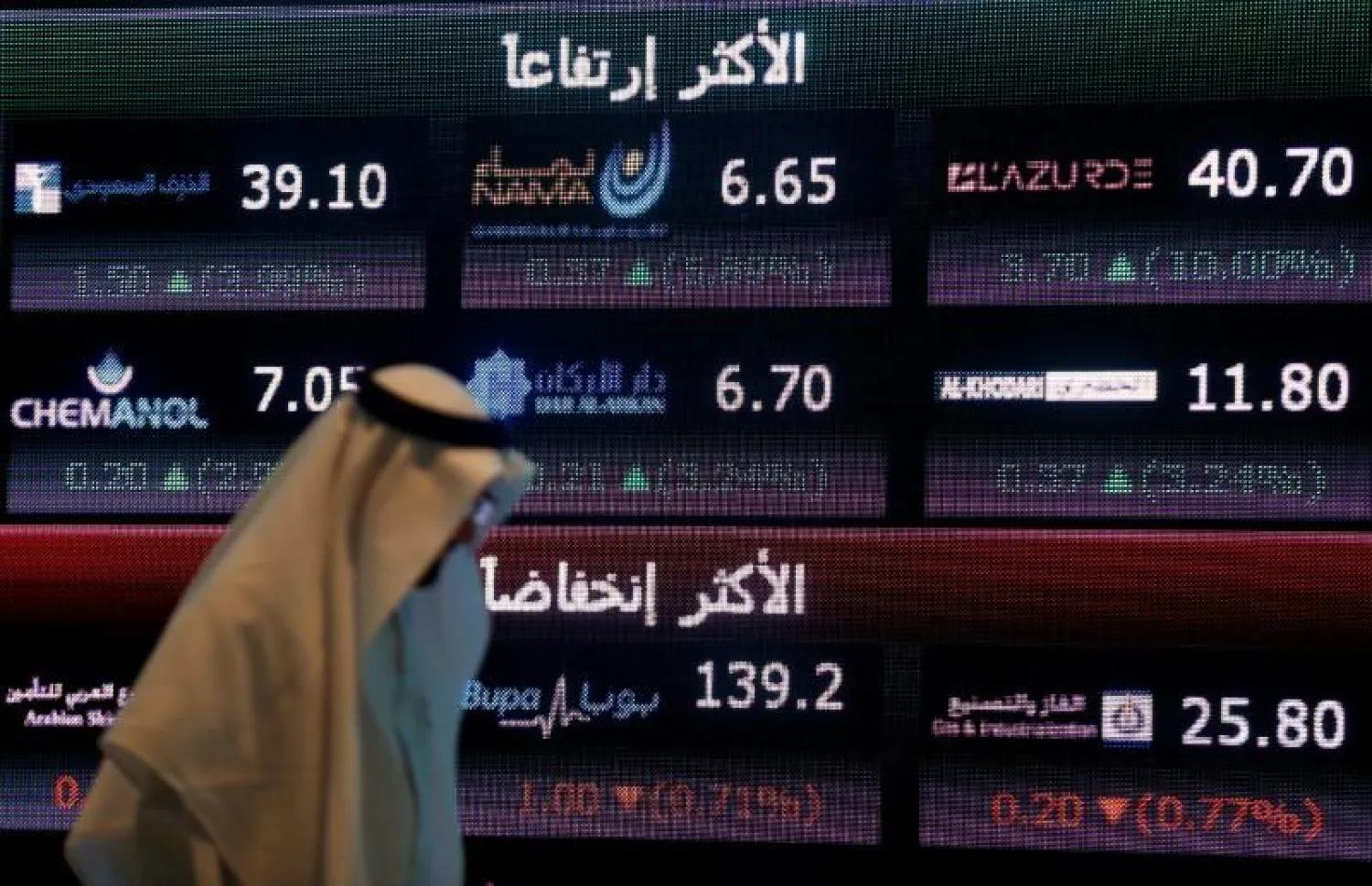Saudi stock market index closed above 7,000 points, few weeks after it was below these levels amid variant trading levels of cash circulation from one week to another.
Exceeding the 7,000 points is a positive indication on the monthly closing as well as weekly closing.
In this regard, Saudi Stock Market Index ended the week with 1.8 per cent increase, bringing about 126 points, which contributed in the index's reaching 7,000 points, in comparison to last week's 6878 points.
By closing at this level, Saudi stock market ended November trading of 0.8 percent equivalent to 56 points.
The new profits came as OPEC and non-OPEC producers agreed on Thursday to extend oil output cuts until the end of 2018.
In the light of these developments, Saudi Arabia announced last month that foreign investors would be allowed to invest directly in the parallel stock market "Nomu" which remained below 3,000 points.
Chairman of the Board of the Capital Market Authority (CMA), Mohammed al-Kuwaiz pointed out that the decision to allow foreign investors to invest in Nomu is part of the Authority's strategic plans to achieve Vision 2030. It also comes within the framework of regulating and developing the financial market and supporting national economy.
Kuwaiz confirmed that this step is to determine the procedures, requirements and conditions for the registration of qualified foreign investors (QFIs) with the Authority, and to specify their obligations and the obligations of authorized persons in this regard.
The chairman explained that among the proposed amendments is cancelling the requirement of CMA's approval on the registration application which will facilitate the qualification procedures.
The amended rules added the possibility for the qualified foreign investor to qualify its subsidiaries and managed funds without submitting a separate new qualification application for each of them after adhering to certain conditions.









